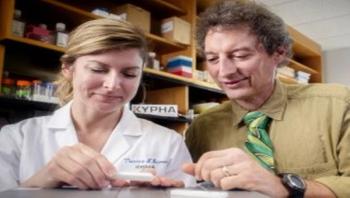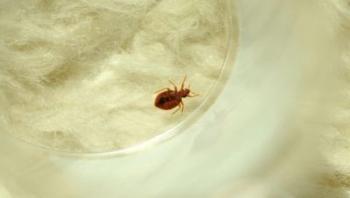
Two successive emergency response campaigns in Sierra Leone to distribute anti-malarial drugs to people living in areas affected by the Ebola virus disease outbreak have successfully reached more than 2.5 million people, and significantly reduced the number of people with fever that might be mistaken for Ebola virus disease (EVD).





